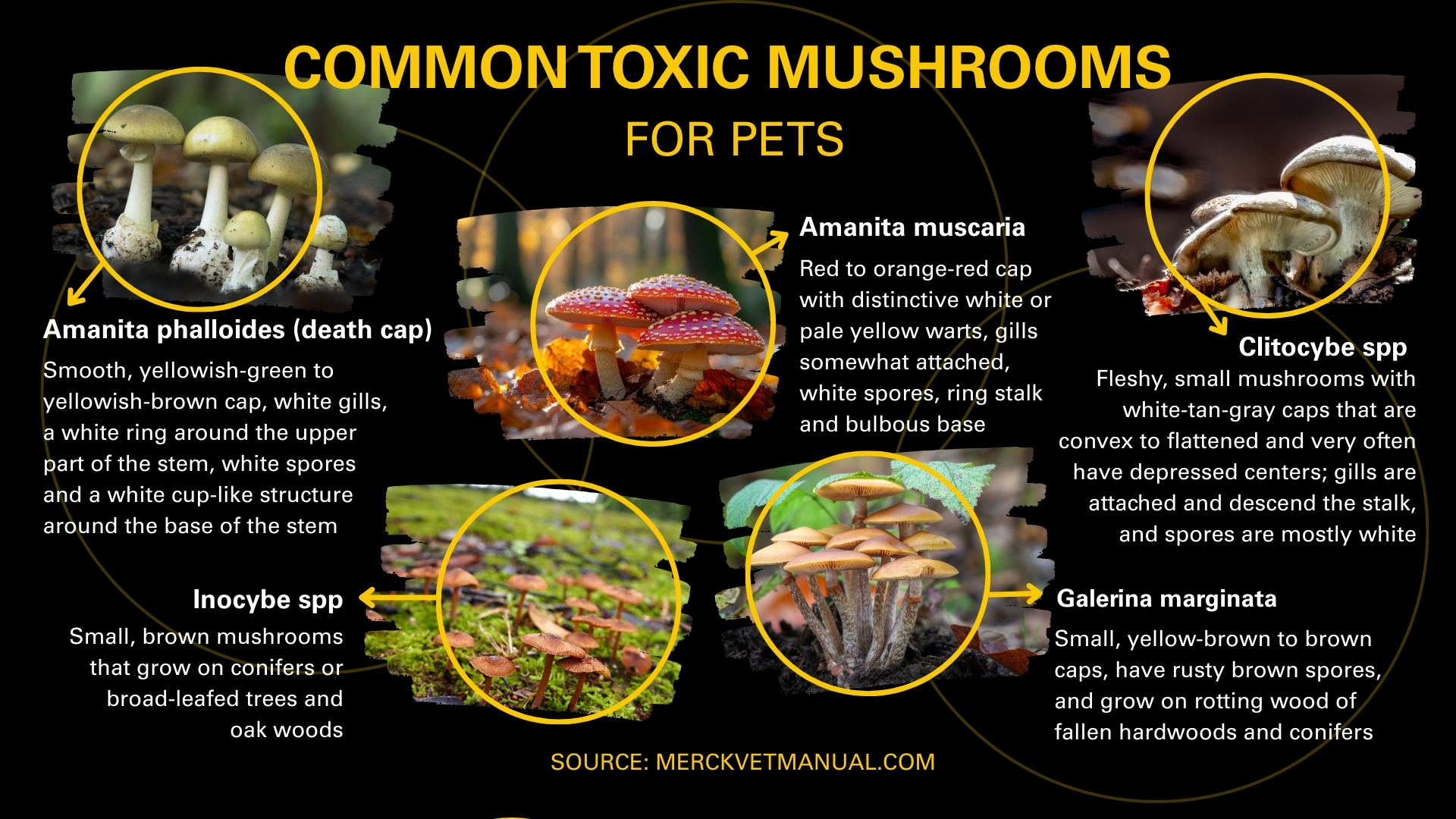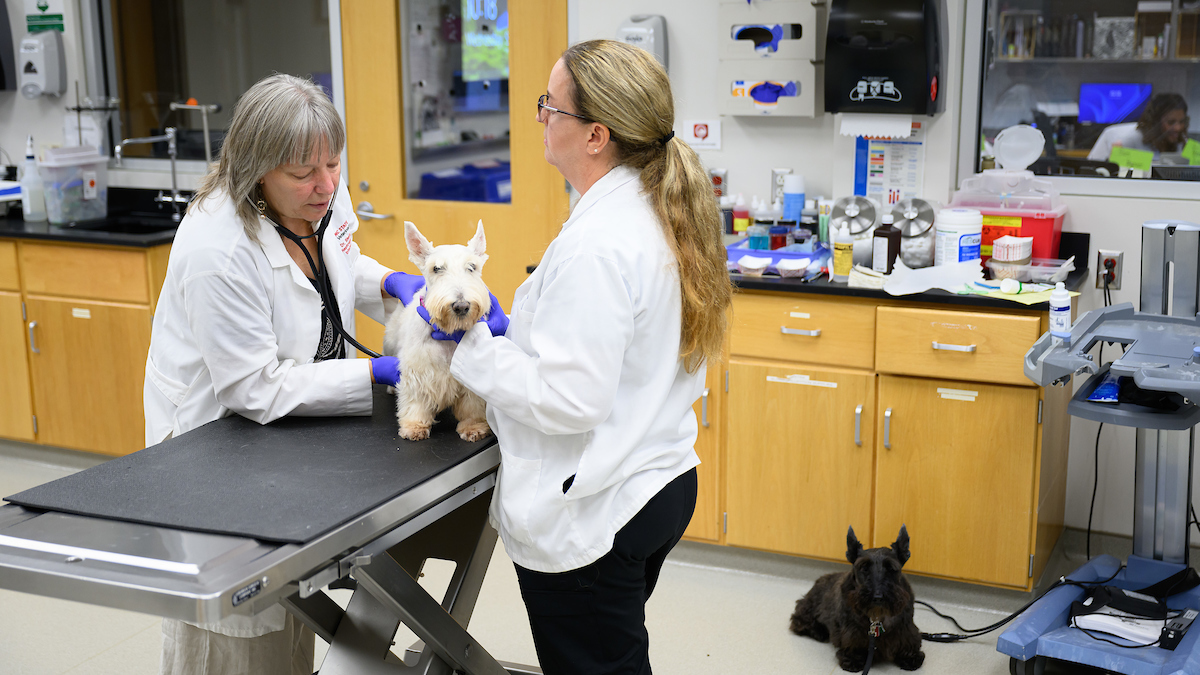The Fourth of July is a fun time for celebrating outside, near the water and with fireworks displays. It’s also a time with some increased risks for your pets. The NC State College of Veterinary Medicine has some helpful tips to keep your pets safe.
Fireworks can be scary for your pets
- If they’ve had a negative reaction in the past, or you’re not sure how they’ll react, make sure your pets have a quiet, safe place to be like a crate or an escape-proof room.
- If they are outside, make sure pets are on a leash or in a contained fenced in area.
- In case a spooked pet does get out, make sure your pet has a microchip for identification and wears a tag with your contact information.
- Try to keep pets at home if possible and not bring them out to firework displays or other large outdoor gatherings.
Other holiday hazards
- If you are celebrating at home, keep pets away from hot grills, sparklers, fireworks, glow sticks, citronella candles, insects sprays or other potentially harmful things.
- Also keep pets away from all people food and trash at your backyard cookout.
- Some dogs love to swim, but you should never leave one unattended and make sure the water isn’t too deep, especially if it’s their first time. Also, be careful of ponds and other stagnant water that could contain various water-borne parasites.
Protect pets from heat
- Remember, pets can suffer from heat stroke, dehydration and even sunburn. Your pet has limited sweat glands—found mostly on the nose and the pads of the feet—and it does not take long for a pet to become dangerously overheated.
- Take walks in the cooler parts of the day and carry water with you for you and your dog. Remember asphalt gets very hot. If you cannot hold your hand on the asphalt for 30 seconds it is too hot to walk your dog.
- Make sure your dog has ample shade and a constant source of cool water when outside.
- Never leave your dog in the car. Even on a pleasant day, temperatures in a parked car with the windows rolled down can exceed 100 degrees within 10 minutes.
If you have any concern about your pet, you should always start by calling your local veterinarian for advice.
- Categories:



